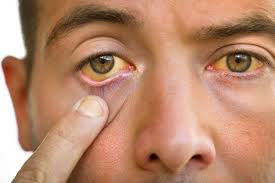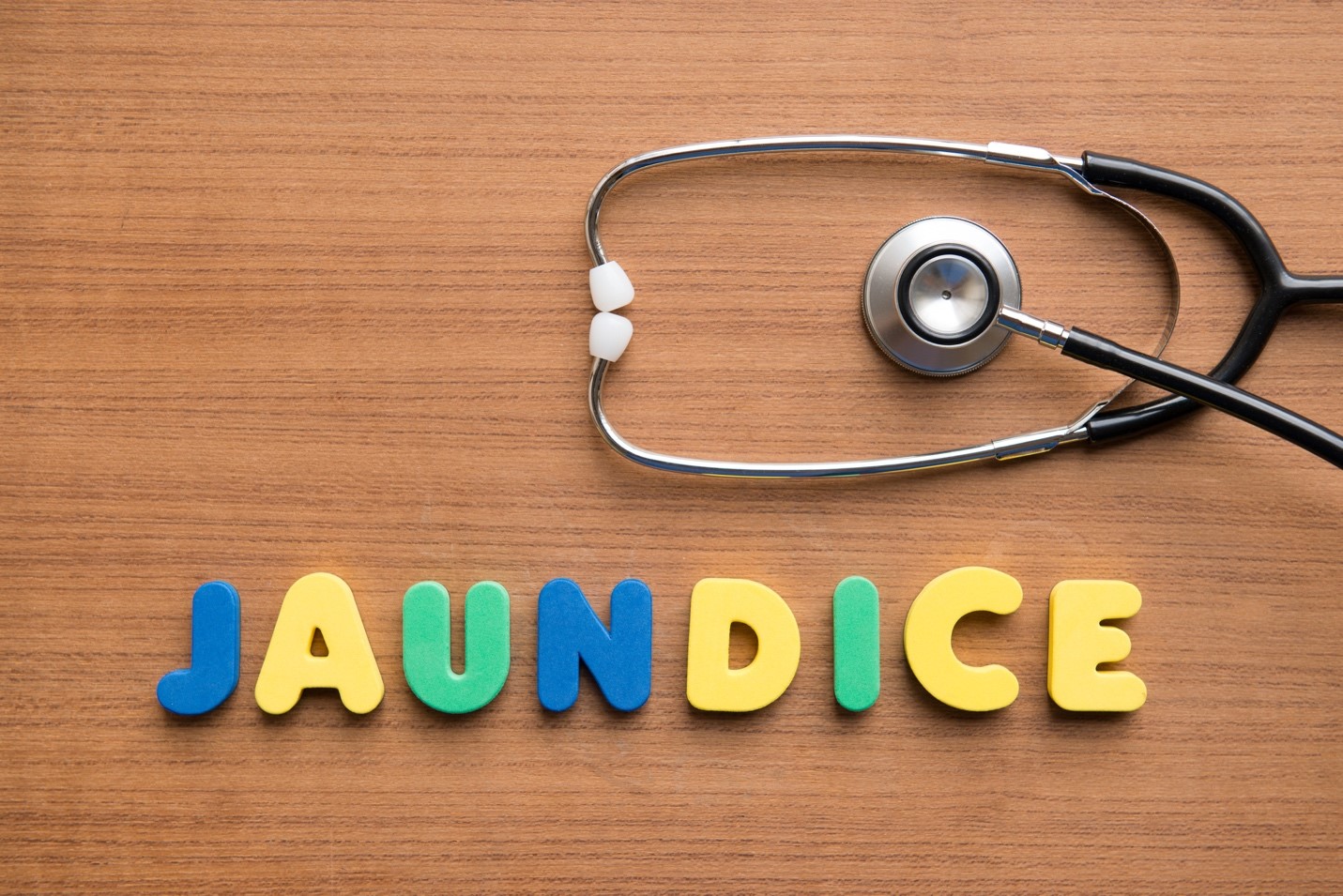Jaundice is a health condition characterized by yellowing of the skin and eyes because of increased levels of bilirubin in the blood. It is not always a disease but may be a symptom of any other medical condition, jaundice can occur due to several issues in the liver. Jaundice can affect people of all ages, from newborns to adults, and may vary in severity depending on the reason. In this complete blog, we'll discover the signs and symptoms, causes, and remedy alternatives for jaundice.
Symptoms of Jaundice:
The most common symptom of jaundice is yellowing of the skin and eyes, which happens when bilirubin, a yellow pigment produced during the breakdown of red blood cells, builds up inside the blood. Other common signs and symptoms of jaundice may also consist of:
- Yellowing of the mucous membranes, such as the inside the mouth and nostril.
- Dark urine that may appear brownish or tea-colored.
- Pale stools, often clay-colored, due to the absence of bilirubin in the digestive system.
- Fatigue and weakness.
- Abdominal pain and swelling.
- Itching (pruritus), especially on the pores and skin.
Causes of Jaundice:
Jaundice can be due to various conditions that affect the liver, bile ducts, or red blood cells. Some common causes for jaundice consist of:
Liver Diseases:
Liver diseases along with hepatitis (inflammation of the liver), cirrhosis (scarring of the liver), and alcoholic liver disorder can affect the liver's ability to process bilirubin, leading to jaundice.
Bile Duct Obstruction:
Conditions that block the bile ducts, which include gallstones, tumors, or strictures (narrowing of the ducts), can prevent the flow of bile from the liver to the intestines, resulting in jaundice.
Hemolytic Anaemia:
In hemolytic anemia, red blood cells are destroyed more rapidly than normal, leading to increased bilirubin production resulting in jaundice.
Gilbert's Syndrome:
This prevents the liver from producing bilirubin and causes jaundice and a higher risk is when you also have issues like stress and fasting.
Medications:
A few medicines such as acetaminophen, antibiotics, and certain chemotherapy drugs can cause liver damage resulting in jaundice as a side effect.
Infections:
Viral infections like hepatitis A, B, and C can cause infection of the liver, resulting in jaundice.
Newborn Jaundice:
Most newborns experience jaundice because of their immature liver and the rapid breakdown of red blood cells in their body.
Diagnosis and Treatment:
To diagnose jaundice, doctors may perform different tests, which include:
Blood Tests:
Blood tests are done to measure the bilirubin levels, and liver enzymes and understand liver health based on the reports.
Scanning procedures:
Scannings such as ultrasound, CT scan, or MRI may be done to visualize the liver and bile ducts to find obstructions or abnormalities.
Liver Biopsy:
For a clear analysis, a sample from liver tissue is tested in the process of diagnosing jaundice.
Treatment for jaundice depends on the cause & severity of the procedure and includes:
Medications:
Medicines are prescribed by the doctor based on the severity of the condition and to reduce bile duct obstruction.
Surgery:
In a few cases when the jaundice is caused by bile duct obstruction or due to liver tumors surgery may be done to remove the tumor and clear the blockage.
Phototherapy:
It is done mostly in infants by using special lights to expose the baby’s skin helps in the breakdown of bilirubin and cures jaundice.
Lifestyle Management:
Maintaining a healthy lifestyle by avoiding alcohol, eating a balanced diet, and regular exercise can help in liver functioning and reduce the risk of liver problems that cause jaundice.
Liver Transplant:
In severe cases of liver damage liver transplantation may be necessary to replace the damaged liver with a healthy liver.
Preventive Measures:
A few preventive measures need to be taken to reduce the risk of having jaundice. While all cases of jaundice can not be prevented there are a few preventive measures to reduce the risk of having jaundice:
Safe Sex:
Having safe sex and avoiding behaviors that could lead to viral hepatitis can reduce liver infections.
Limit Alcohol Consumption:
Excessive alcohol intake can damage the liver and increase the risk of liver diseases which can lead to jaundice. Limiting alcohol intake can help in maintaining liver health.
Balanced diet:
Eating balanced food such as fresh fruits, vegetables, and whole grains can reduce the risk of liver problems. Include foods such as spinach, sprouts, broccoli, carrots, sweet potatoes, oranges, grapes, papaya, apples, watermelon, etc into your diet to keep your liver healthy.
Vaccination:
Vaccination for hepatitis A and B can assist prevent viral hepatitis infections and reduce the risk of liver damage.
Concluding, jaundice is a symptom of various underlying medical conditions affecting the liver, bile ducts, or red blood cells. While jaundice is not a disease, it is highly essential to diagnose and treat it properly to prevent further complications and protect liver health. By knowing the symptoms, causes, and treatment options for jaundice, you can take the necessary steps to protect your liver and overall health. If you or a person you recognize is experiencing symptoms of jaundice, it is essential to seek medical care for proper diagnosis and treatment.
